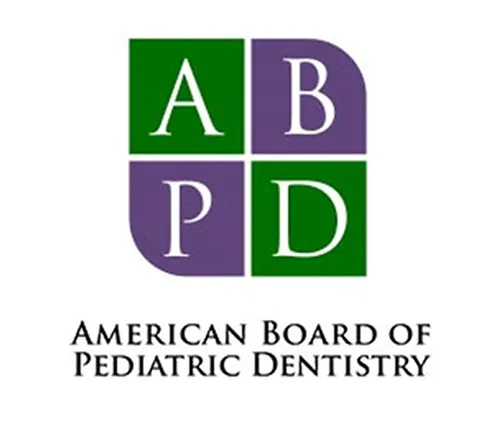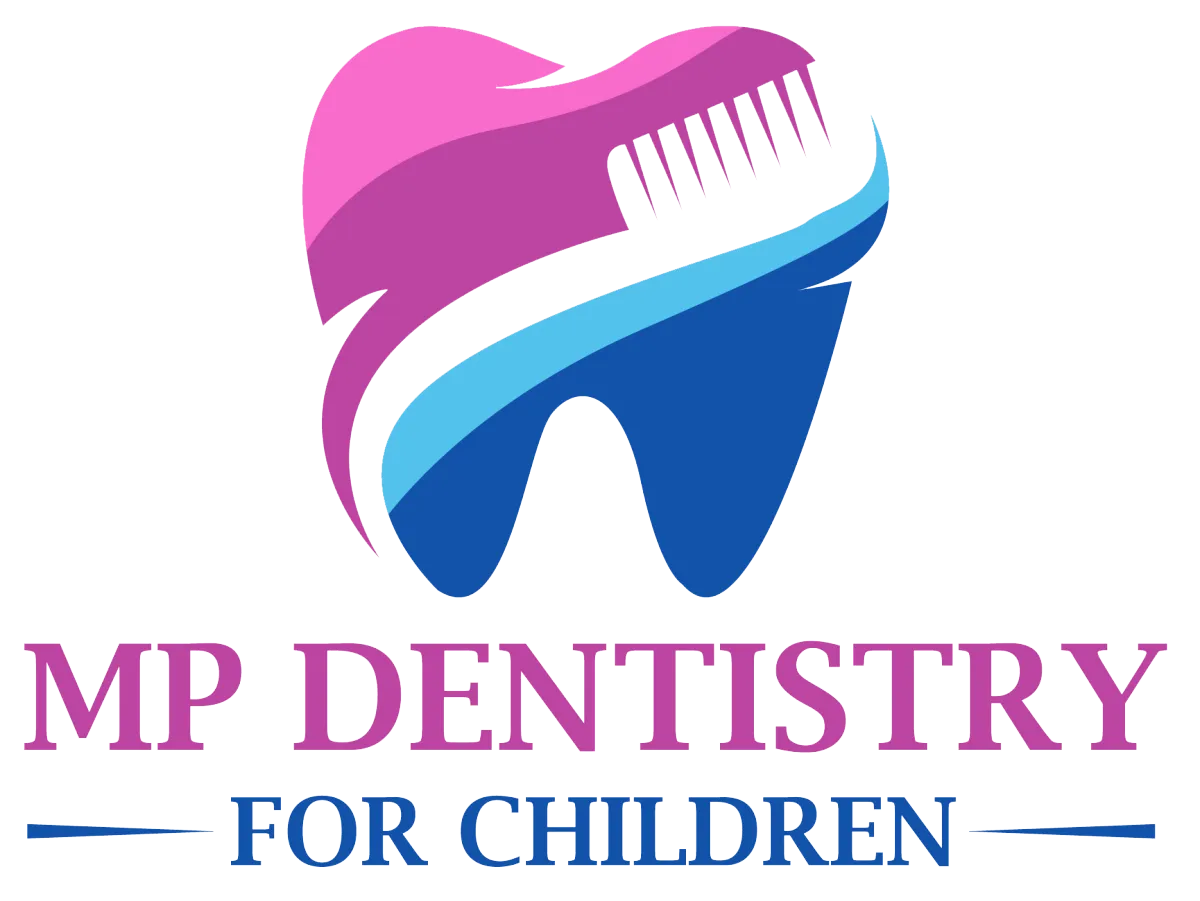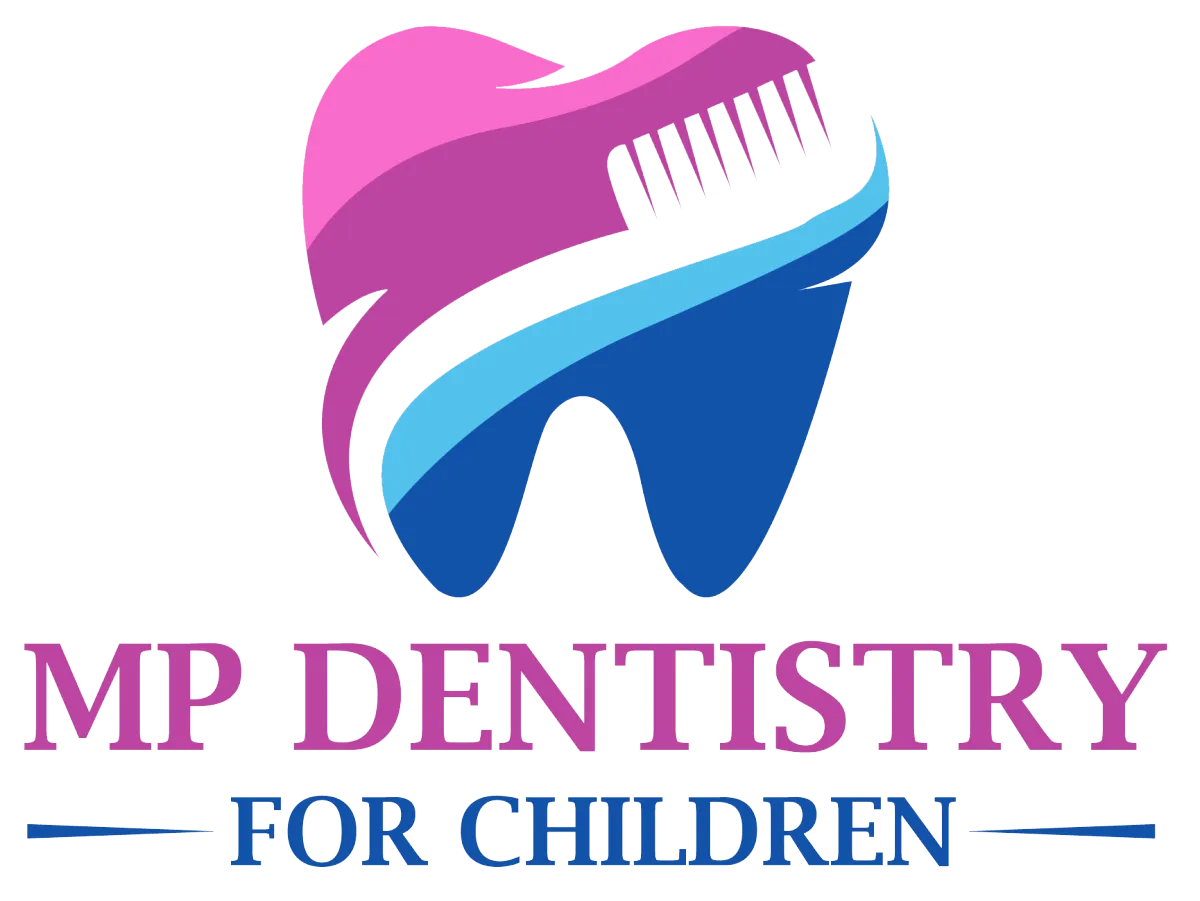Blog
Latest News & Blogs

More Than Just Teeth: Understanding the Causes of Bad Breath in Children
As a parent, you know that taking care of your child's oral health is crucial to their overall health and wellbeing. However, bad breath can be a common and embarrassing problem for many children, even with regular brushing and flossing. It's important to understand that the causes of bad breath are more than just about your child's teeth. In fact, bad breath can be a sign of gum and tongue health, as well as what your child eats.
Causes of bad breath

Bad breath, also known as halitosis, can be caused by a number of factors. One of the most common causes is poor oral hygiene. When food particles are left in the mouth, bacteria can grow and produce an unpleasant odor. Additionally, gum disease and tooth decay can also contribute to bad breath. In some cases, bad breath can also be a sign of a more serious medical condition, such as sinus infections, acid reflux, or liver or kidney problems.
Gum health and bad breath
Gum health is a key factor in preventing bad breath. When your child's gums are inflamed or infected, it can create a breeding ground for bacteria in the mouth, leading to bad breath. Regular brushing and flossing can help remove plaque and prevent gum disease, but it's also important to schedule regular dental checkups to catch any potential issues early on.
Tongue health and bad breath
The tongue is another common culprit of bad breath. The tiny bumps and crevices on the tongue's surface can trap bacteria and food particles, leading to a foul odor. Encouraging your child to brush their tongue or use a tongue scraper can help remove this buildup and improve their breath.
Foods that cause bad breath
What your child eats can also impact their breath. Foods with strong odors, such as garlic, onions, and spices, can leave a lasting smell in the mouth. Additionally, sugary and starchy foods can create an environment that is conducive to bacterial growth, leading to bad breath.
Halitosis causes and treatment
Halitosis, or chronic bad breath, can be caused by any of the factors mentioned above. In some cases, it may also be a sign of a more serious underlying condition. Treatment options for halitosis vary depending on the cause. In most cases, improving oral hygiene habits, such as brushing and flossing more frequently or using an antibacterial mouthwash, can help improve bad breath. However, if the underlying cause is more serious, your child's dentist or doctor may recommend additional bad breath treatment or halitosis treatment options.
Home remedies for bad breath

If you're looking for a natural solution for your child's bad breath, there are several home remedies that can help. Drinking plenty of water can help flush out bacteria and keep the mouth hydrated. Chewing on parsley or mint leaves can also help freshen breath. Additionally, probiotics, such as yogurt or kefir, can help balance the bacteria in the mouth and improve bad breath.
Final thoughts
Bad breath can be a common and embarrassing problem for many children, but it's important to understand that it's often caused by more than just poor oral hygiene. Encouraging your child to take care of their gums, tongue, and overall health, as well as avoiding certain foods, can help improve their breath. If you have concerns about your child's bad breath, be sure to schedule an appointment with your dentist to rule out any underlying medical conditions.
OUR PARTNERS






MP Dentistry for Children is a dental professional dedicated to excellence in pediatric dentistry for children. Available treatments include pediatric dental cleanings, introductory exams, children’s x-rays, fluoride treatments, sealants, fillings, crowns, root canal treatments, extractions, emergency care, and more. Contact Mangum Park Dentistry for Children to set up an appointment.
Office Hours
Mon: 8:30 AM – 5:30 PM
Tues: 8:30 AM – 5:30 PM
Wed: 8:30 AM – 5:30 PM
Thurs: 8:30 AM – 5:30 PM
Fri: 8:30 AM - 1:30 PM
Copyright © All Right Reserved Site Developed By GBBDigitalSEO
OUR PARTNERS






MP Dentistry for Children is a dental professional dedicated to excellence in pediatric dentistry for children. Available treatments include pediatric dental cleanings, introductory exams, children’s x-rays, fluoride treatments, sealants, fillings, crowns, root canal treatments, extractions, emergency care, and more. Contact Mangum Park Dentistry for Children to set up an appointment.
Office Hours
Mon: 8:30 AM – 5:30 PM
Tues: 8:30 AM – 5:30 PM
Wed: 8:30 AM – 5:30 PM
Thurs: 8:30 AM – 5:30 PM
Fri: 8:30 AM - 1:30 PM
Copyright © All Right Reserved Site Developed By GBBDigitalSEO

MP Dentistry for Children is a dental professional dedicated to excellence in pediatric dentistry for children. Available treatments include pediatric dental cleanings, introductory exams, children’s x-rays, fluoride treatments , sealants, fillings, crowns, root canal treatments, extractions, emergency care, and more. Contact Mangum Park Dentistry for Children to set up an appointment.
Office Hours
Mon: 8:30 am – 5:30 pm
Tues: 8:30 am – 5:30 pm
Wed: 8:30 am – 3:30 pm
Thurs: 8:30 am – 5:30 pm
Fri: 8:30 am - 1:30 pm
Contact Us
We encourage you to contact us with any questions or comments you may have. Please call our office or use the quick contact form below.

